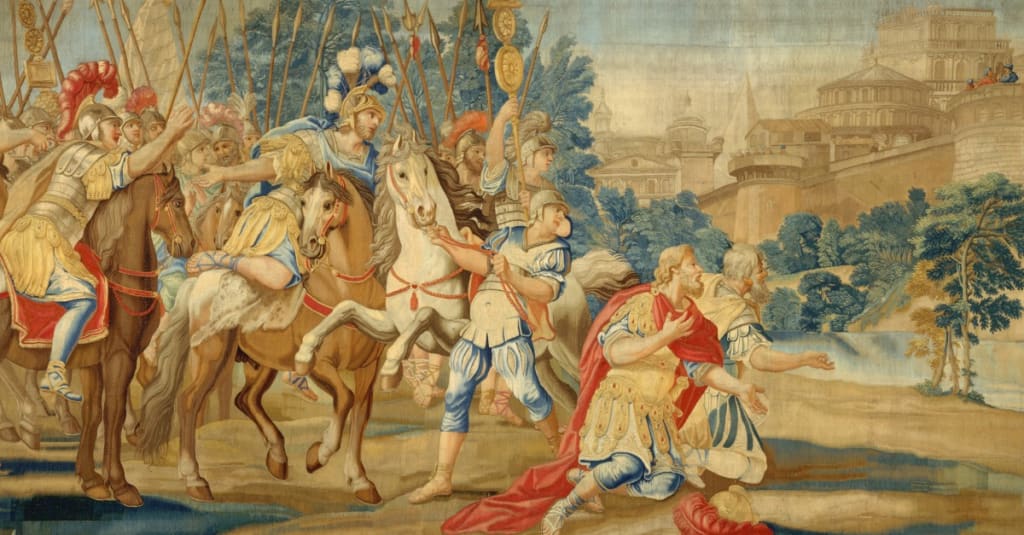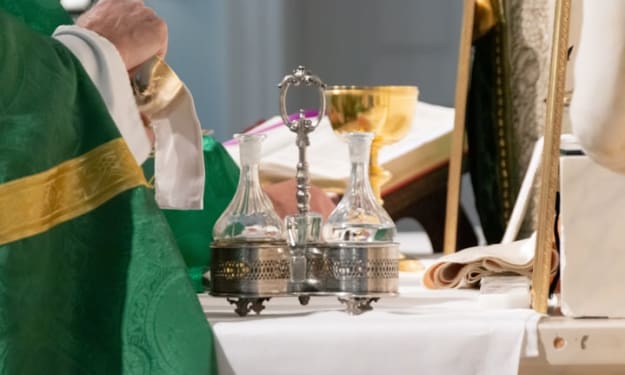Unveiling the Crusades
A Historical Journey of Religious Conflict

The Crusades were a series of religious and military campaigns launched by European Christians between the 11th and 13th centuries. The Crusades stand as one of the most defining and controversial chapters in medieval history. Spanning several centuries and encompassing multiple military campaigns, these holy wars were undertaken by Christians to reclaim Jerusalem and other holy sites from Muslim control. Rooted in religious fervor and fueled by political ambitions, the Crusades left an indelible mark on both Europe and the Middle East.
This article delves into the intricacies of the Crusades, exploring their causes, consequences, and lasting impact on the world. The Crusades were a series of holy wars fought between Christians and Muslims in the medieval period. Motivated by religious fervor, European Crusaders sought to reclaim Jerusalem and other holy sites from Muslim control. These military campaigns left a lasting impact on Europe, the Middle East, and the interplay between Christianity and Islam. The Crusades remain a complex and controversial chapter in history, influencing cultural exchange, economics, and development, and shaping the course of future conflicts.
I. The Spark and Motivations:
The First Crusade was launched in 1095 when Pope Urban II issued a call to arms, urging Christians to liberate Jerusalem from the hands of Muslims. The Pope's call resonated with a Europe embroiled in internal conflicts and a burgeoning desire for religious conquest. While religious zeal was the driving force for many Crusaders, other motivations included the opportunity for wealth, land, and personal glory. Furthermore, the Byzantine Empire sought Western assistance against the Seljuk Turks, contributing to the Crusades' political dimension.
II. The Waves of Crusades:
The Crusades can be categorized into multiple waves, each marked by distinct goals and outcomes. The First Crusade, Despite its initial lack of organization, witnessed the capture of Jerusalem in 1099, establishing several Christian states in the Holy Land. The Second Crusade (1147-1149) aimed to retake the city of Edessa but failed. The Third Crusade (1189-1192) involved notable figures like Richard the Lionheart and sought to reclaim Jerusalem but ultimately resulted in a truce. Subsequent Crusades, such as the Fourth Crusade (1202-1204), shifted focus away from the Holy Land and veered into political power struggles and the sacking of Constantinople.
III. Interactions and Cultural Exchange:
Despite the violent nature of the Crusades, they fostered significant cultural exchange between the East and the West. European Crusaders encountered the Islamic world's rich cultural and intellectual heritage, including science, mathematics, medicine, and architecture advancements. This exposure led to the transmission of knowledge back to Europe, influencing the Renaissance and sparking intellectual development.
IV. Consequences and Legacy:
While the Crusades did not achieve their ultimate goal of permanently securing Jerusalem, they left a profound and lasting impact on Europe and the Middle East. The conflicts exacerbated religious tensions between Christians, Muslims, and Jews, leading to long-lasting hostilities and prejudices. In Europe, the Crusades stimulated trade, economic growth, and the rise of powerful city-states. They also fueled changes in military tactics, architecture, and cultural expressions such as literature and art.
V. Modern Interpretations and Reassessment:
The Crusades have been the subject of ongoing scholarly debate and reinterpretation. Historians have sought to analyze the Crusades from different perspectives, questioning traditional narratives and considering the experiences and motivations of the diverse participants involved. This reevaluation helps deepen our understanding of this complex historical period and challenges simplistic interpretations that can perpetuate stereotypes and misconceptions.
Conclusion:
The Crusades represent a complex intersection of religion, politics, and cultural exchange. Though rooted in religious fervor, the Crusades were not solely driven by spiritual aspirations. They played a pivotal role in shaping the course of history, leaving a lasting impact on Europe, the Middle East, and the world. By delving into the intricacies of the Crusades, we gain a deeper appreciation for the complexities of human history and the legacies that continue to shape our present.
About the Creator
Areej Fatima
Unlock the potential of your brand with our content writing services. Let us transform your ideas into words that connect, persuade, and make a lasting impression on your audience.
Reader insights
Nice work
Very well written. Keep up the good work!
Top insights
Compelling and original writing
Creative use of language & vocab
Easy to read and follow
Well-structured & engaging content
Excellent storytelling
Original narrative & well developed characters
Expert insights and opinions
Arguments were carefully researched and presented
Eye opening
Niche topic & fresh perspectives
Heartfelt and relatable
The story invoked strong personal emotions
Masterful proofreading
Zero grammar & spelling mistakes
On-point and relevant
Writing reflected the title & theme






Comments (1)
nice work